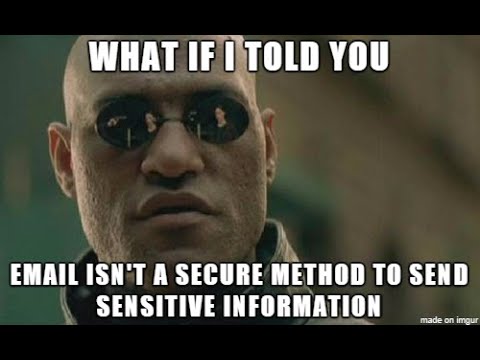NordLayer’s new browser extension offers all its top VPN tools in one place
NordLayer – one of our picks for the best business VPN – has launched a new browser extension that incorporates the features found in the desktop version of the network access security solution.
Formerly known as NordVPN Teams, NordLayer is part of the NordSec group, which includes among its products one of the best VPNs, NordVPN, and the best password manager for security, NordPass. NordLayer is B2B focused, providing a cybersecurity service that is scalable.
NordLayer claims that the extension, which is compatible with Google Chrome, Mozilla Firefox, and Microsoft Edge browsers, “introduces a new way of working for teams operating with hybrid-cloud resources while retaining stable and fast connection speeds and robust security.”
Lightweight option
The company also claims that it offers a lightweight alternative for firms to maintain the same security standards offered by the desktop app, as well as offering fast web browsing speeds. In addition, users can access multiple private gateways at the same time.
“The NordLayer Browser Extension defines a simple, intuitive, and effective security approach developed by NordLayer. This add-on is an alternative solution for enriching existing ways to secure online activities,” noted Artūras Bubokas, a product manager at NordLayer.
The company claims access to web-based company resources if quick and easy with the new extension, as well as solving potential problems with OS compatibility that may occur using the NordLayer desktop app, as only the browser is used. Bubokas claims that “it’s a perfect solution for those who have devices without the usual operating systems, like ChromeOS.”
It also only encrypts data at the browser level, which is something to take into consideration. However, this does mean that internet usage is reduced, which improves speeds and performance as compared to the desktop version.
Bubokas also adds that “the extension comes as a very handy and quick solution to provide secure internet access in a few clicks.”



